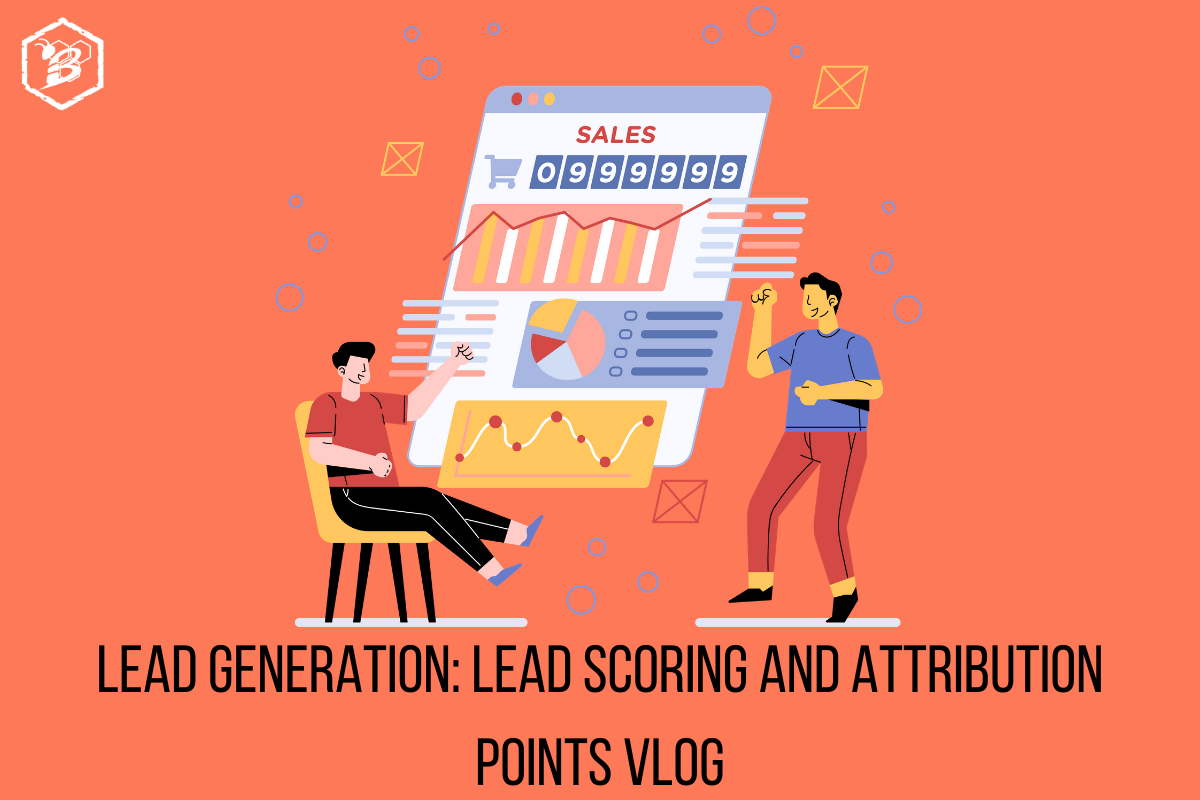Lead scoring is a topic we touch on often in the marketing world. But unless you know what lead scoring is and how it works, the topic can be confusing and feel unattainable for your marketing team. While there is planning and work that goes into establishing lead scoring on your website assets, it's valuable information that can power your sales and marketing teams can use to close deals, make strategic content, and speak directly to your soon-to-be-customers. Our sales-guru Michael, Business Development Manager at HIVE, covered lead scoring in his latest vlog. Click the video below to take a listen or read the transcript that follows to get started on your lead scoring journey.
Video Transcript:
If you're in sales and marketing, you know that not every lead is created equal. One of the biggest wastes of your time is spending time with a lead when they're just shopping around, they're not ready to purchase, and they're not even a good fit for your organization. Lead scoring helps your sales and marketing team really prioritize the leads that are coming in and respond to them accordingly. Ultimately, this is going to increase your efficiency and your conversion rate.
If you're asking yourself what is lead scoring: well, it's the process of assigning numerical points to each lead that you generate. These points can come from a variety of different attributes. Attributes like geographical location, the role or the title of the lead, even how they're interacting with your website, your marketing materials, or the emails that you're sending them.
To create a lead scoring system first, you first have to make sure that your system is set up for it. I know there's a ton of different platforms out there that have lead scoring abilities. Our preferred platform is HubSpot, but certainly check to see if your platform can do it.
Next, you really want to make sure that your sales and marketing team are aligned — that we know what's important, that we know where people are coming from and how they're converting. If we know these pieces, we're able to kind of create that lead scoring system and build those attribution points. From there you want to make sure that your landing pages and your forms are built for the information that you need. If you need to know where somebody is based out of, if you need to know their role or their title — make sure that information is easy to be gathered or collected. And if you're doing that and you're making forms and landing pages as simplistic as possible and getting just the information that you need, that will help you ultimately.
Then you want to start building out the system. You want to figure out what's going to be important while we're assigning positive attribution points and negative attribution points. An example of positive attribution points is maybe we send out an email and it's five positive points if they open up the email. There's a new link to the blog that just got posted yesterday. Maybe we assign 10 positive points if they actually click on that link, because now we know that somebody is engaged, that they're at least interested in what we're sending in the services or different things that we're offering. Negative points may be something like they haven't opened an email in over a month or they haven't been back to the website in two months. Those can be some different negative attributes. And again, these are all just kind of people raising their hand or kind of going away and now, you know and your sales, and marketing team know where to spend their time.
The other thing you really want to focus on is deep diving into the analytics. What content is working for you guys? Is it quick content is a downloadable content? What channels are people coming from? What channels are producing the most leads or the most revenue? These are different pieces that can kind of shape your lead scoring system and help you guys grow and build a better lead scoring system and ultimately a more efficient sales process.
So ultimately, lead scoring can really help your sales and marketing team kind of get over that finish line. To make sure that they're running as optimally as possible and really creating a well-oiled sales machine. If you guys have questions, certainly reach out to us. We'd love to help you!



.png?width=100&height=100&name=HubSpot%20for%20K%E2%80%9312%20Education%20How%20Schools%20Use%20HubSpot%20to%20Improve%20Enrollment%20(and%20How%20to%20Set%20It%20Up).png)
.png?width=100&height=100&name=The%20Complete%20Guide%20to%20HubSpots%20Prospecting%20Agent%20(2025%20Edition).png)
